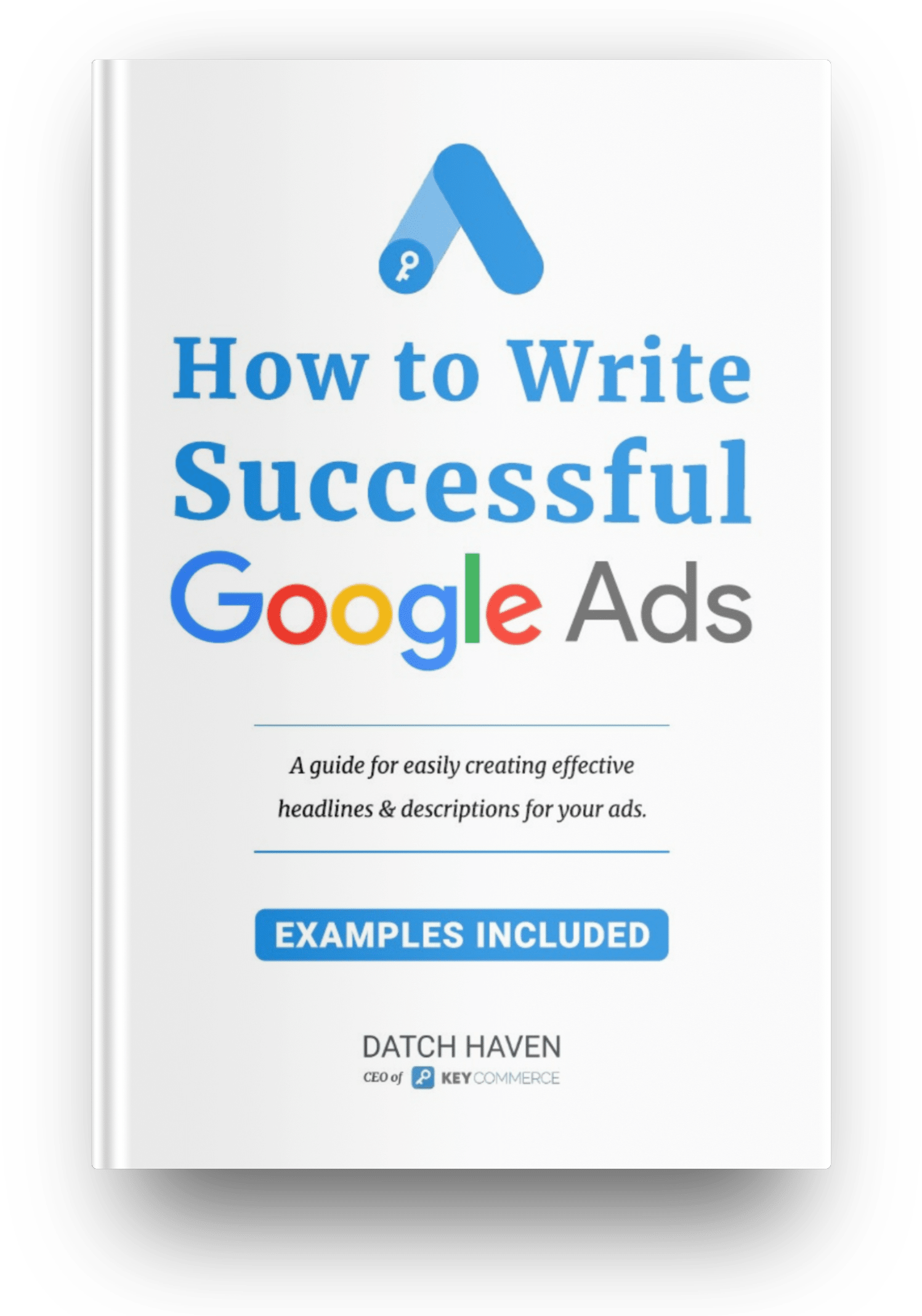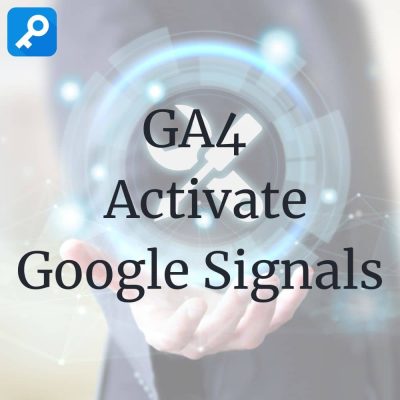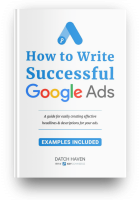What’s your goal today?
1. Hire us to grow your ecommerce store
We’ve generated millions for our clients, using the methods we’ve developed over years with a singular focus on Google Ads for ecommerce. To discover how we can help grow your business:
- Read our case studies, client success stories, and video testimonials.
- Learn about us.
- Visit our “Services” page to see the process by which we assess whether we’re a good fit for each other.
Claim your FREE website strategy session with one of our renowned experts.
2. Learn & develop your ecommerce skills
Watch our highly regarded YouTube channel, followed by over 23,000 store owners and ecommerce learners from around the world.
You can also subscribe to our weekly email newsletter to get real-world tested growth and optimization strategies, as well as notifications on anything you may need to know as an ecommerce store owner.
Browse our blog, written and structured to be the best resource in the world for anyone starting and growing their online store. It includes strategy guides, setup instructions, checklists, and tools.
Explore our KeyCompendium, which is a comprehensive wiki of digital marketing terms. Many readers have commented on the usefulness of this content.
3. Join our team
If you want to join our team—or discover why our team members love working with KeyCommerce—then see our “Careers” page.
4. Contact us
We help ecommerce store owners around the world, so get in touch!























